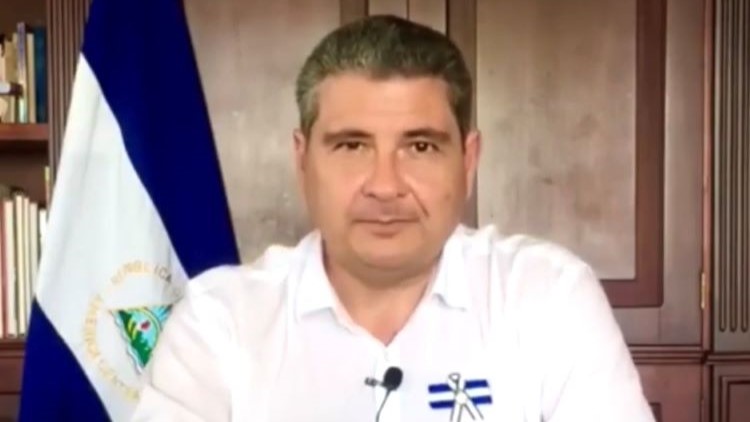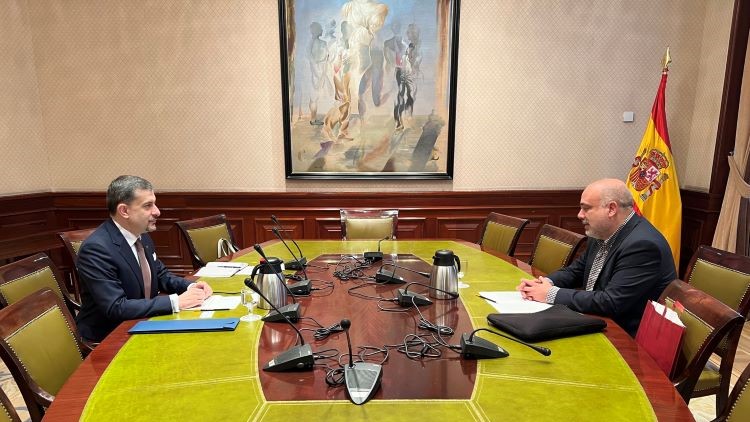The Diplomat
The Government yesterday offered Spanish nationality to the 222 Nicaraguan political prisoners released by Daniel Ortega’s regime and who have been deported to the United States.
The offer of Spanish nationality is extended to the political prisoners still held in Nicaraguan jails, who will be stripped of their nationality by the Ortega government on charges of “treason”.
This was announced by the Minister of Foreign Affairs, José Manuel Albares, in statements to Servimedia, after learning that they were to be declared stateless.
Albares said that they would be in contact with the opponents, and that the process could be quick, by means of a naturalisation letter.
The Nicaraguan authorities on Thursday expelled to the United States a group of 222 “political prisoners”, including five priests, who were banned for life from holding public office or elected office and stripped of their nationality by declaring them stateless.
The 222 Nicaraguan prisoners, including seven who tried to challenge the current president for the presidency, were expelled to the United States “as traitors to the homeland”, and received a humanitarian permit that will allow them to live and work in the US.
Former Nicaraguan presidential pre-candidate Juan Sebastián Chamorro yesterday thanked Spain on behalf of the 222 prisoners for its offer of nationality.
“I am sure that many of the political prisoners will see this as an option“, he said in a virtual press conference from Washington, in which he thanked Spain for having worked intensely in recent years for the democratisation of Nicaragua.
Although they have received a humanitarian permit that will allow them to live and work in the United States for two years, the Nicaraguans are stateless after Ortega’s regime announced that it was stripping them of their nationality “as traitors to the homeland”.
Chamorro, accompanied by another presidential pre-candidate, Félix Maradiaga, who was also released yesterday, thanked all the civil organisations and governments that have shown their support during the months they have spent in prison (20 months in the case of both of them).
“I am particularly grateful to Spain because it took up the issue of political prisoners and democratisation many years ago and has shown this commitment to Nicaragua and Nicaraguans,” he said.
It is a “generous offer” that “fills them with hope”, he said, and although they have only been out of prison for a few hours, they are already analysing it.
“We are informing ourselves about this policy, but I am sure that many of the 222 could already be making decisions about it. There are a couple who have relatives in Spain and I am sure that this is an extremely important humanitarian action and I am very happy that the initiative has been taken, which shows the importance of an international concert of countries working for political and human rights,” he said.
Chamorro thanked in particular the Popular Party MEP Pablo Arias, who was his peer in the system of sponsorship of political prisoners that was created to keep the cause alive and to personalise each case.
Although the expulsion was a unilateral decision by Ortega, the United States had been calling for months for the release of the political prisoners following the wave of protests that shook the country in 2018 with calls for him to step down, resulting in hundreds of deaths, prisoners and disappearances.







